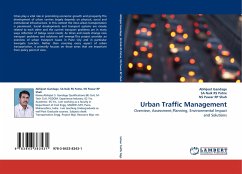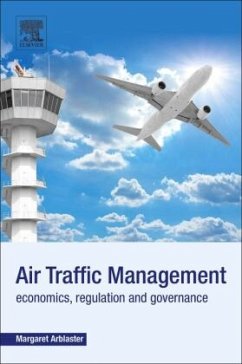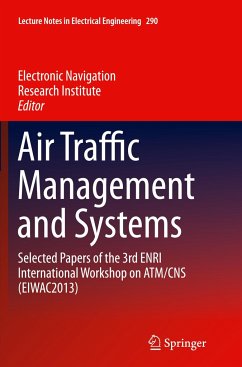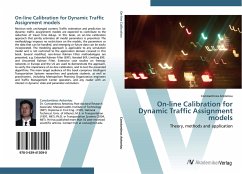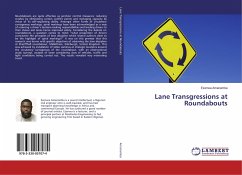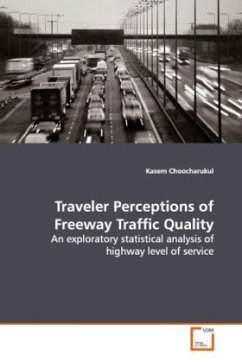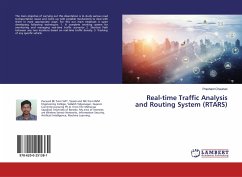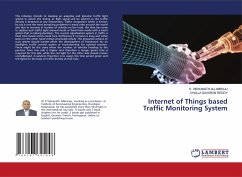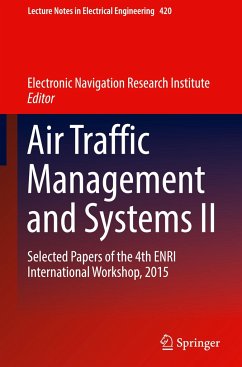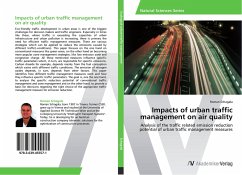
Impacts of urban traffic management on air quality
Analysis of the traffic related emission reduction potential of urban traffic management measures
Versandkostenfrei!
Versandfertig in 6-10 Tagen
39,99 €
inkl. MwSt.

PAYBACK Punkte
20 °P sammeln!
Eco-friendly traffic development in urban areas is one of the biggest challenges for decision makers and traffic engineers. Especially in times like these, where traffic is exceeding the capacities of urban infrastructure and urban pollution is increasing, there is primary the need for efficient traffic management measures. There are various strategies which can be applied to reduce the emissions caused by different traffic(-conditions). This paper focuses on the one hand on conventional measures like green wave, on the other hand on becoming more popular zone management strategies, like low e...
Eco-friendly traffic development in urban areas is one of the biggest challenges for decision makers and traffic engineers. Especially in times like these, where traffic is exceeding the capacities of urban infrastructure and urban pollution is increasing, there is primary the need for efficient traffic management measures. There are various strategies which can be applied to reduce the emissions caused by different traffic(-conditions). This paper focuses on the one hand on conventional measures like green wave, on the other hand on becoming more popular zone management strategies, like low emission zone and congestion charge. All these mentioned measures influence specific traffic parameters which, in turn, are responsible for specific emissions. Carbon dioxide for example, depends mainly from the fuel consuption which varies with different traffic conditions. The emission of nitrogen oxides depends, in turn, depends from other factors. This paper identifies how different traffic management measures work and how they influence specific traffic parameters. The goal is, one the one hand, to analyse the specific reduction potential of conventional traffic management and zone management and on the other hand, to provide a basis for decisions regarding the right choice of the appropriate traffic management measure for emission reduction.




